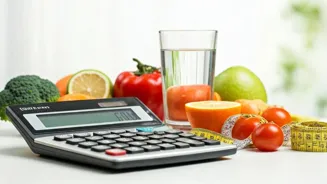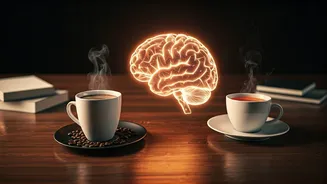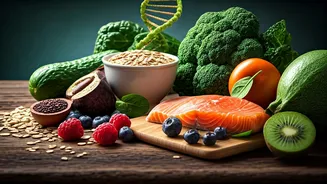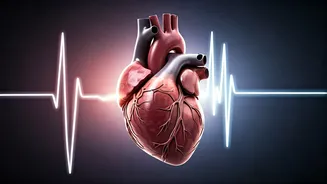Weight Loss Calculator
A weight loss calculator is a tool designed to provide an estimate of how much weight an individual may lose over a set period. The calculator takes into
account several factors, including the user's current weight, height, age, gender, and activity level. By inputting these details, the calculator offers an estimation of the daily caloric intake needed to achieve their weight loss goals. It also frequently presents information about the time frame expected to reach the goal weight. The primary use of a weight loss calculator is for creating more realistic expectations and offering a starting point for a weight management plan. While useful, it is important to realize that these are simply estimates; individual results will depend on factors such as metabolism, adherence to the plan, and other health conditions. It is recommended to use these calculators as guidelines and to always consider professional advice from healthcare providers or dietitians for personalized plans. Always consult a medical professional before making any significant changes to your diet or exercise regime.
Importance of Hydration
Maintaining proper hydration is vital for overall well-being. Water plays a key role in several bodily functions, including nutrient transport, waste removal, and temperature regulation. Adequate water intake can boost metabolism and support weight loss efforts by increasing satiety and helping to curb unnecessary snacking. Drinking enough water before meals can potentially help to reduce overall calorie consumption, therefore supporting weight loss. Dehydration can lead to fatigue, making it harder to engage in physical activity, which is another factor in weight management. Individuals who are well-hydrated frequently have better skin health and improved digestive functions. The general recommendation for water intake is around eight glasses of water each day, though this can vary depending on activity levels, climate, and individual health. It is essential to continuously monitor your body's signals, such as thirst, and to consistently stay hydrated throughout the day. Consuming fruits and vegetables which naturally contain water can also contribute to daily hydration. For many people, plain water is a practical and effective way to stay hydrated, but alternatives such as herbal teas can be incorporated to add variety and extra nutritional benefits.


















